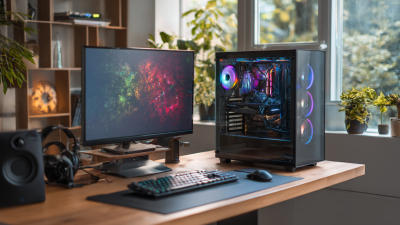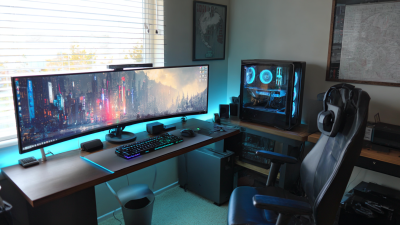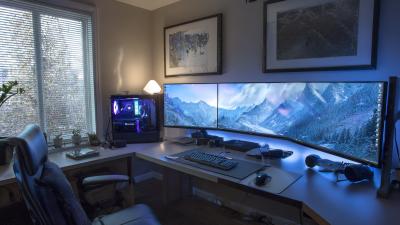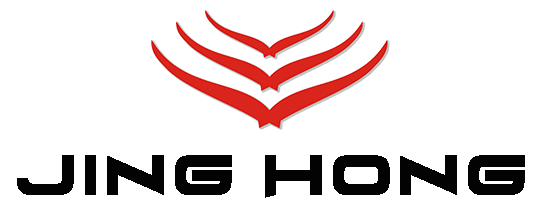One-stop service of R&D, production and sales for 10 years
Leave Your Message
The 2025 China Import and Export Fair, marking its 138th edition, is set to showcase the latest advancements in technology, with a particular emphasis on innovative computing solutions. Among these, the rise of mini desktop PCs, or "PC De Bureau Mini," presents a transformative approach to modern computing needs. As businesses and consumers alike seek more efficient and compact alternatives to traditional desktop computers, the mini desktop PC emerges as a significant contender.
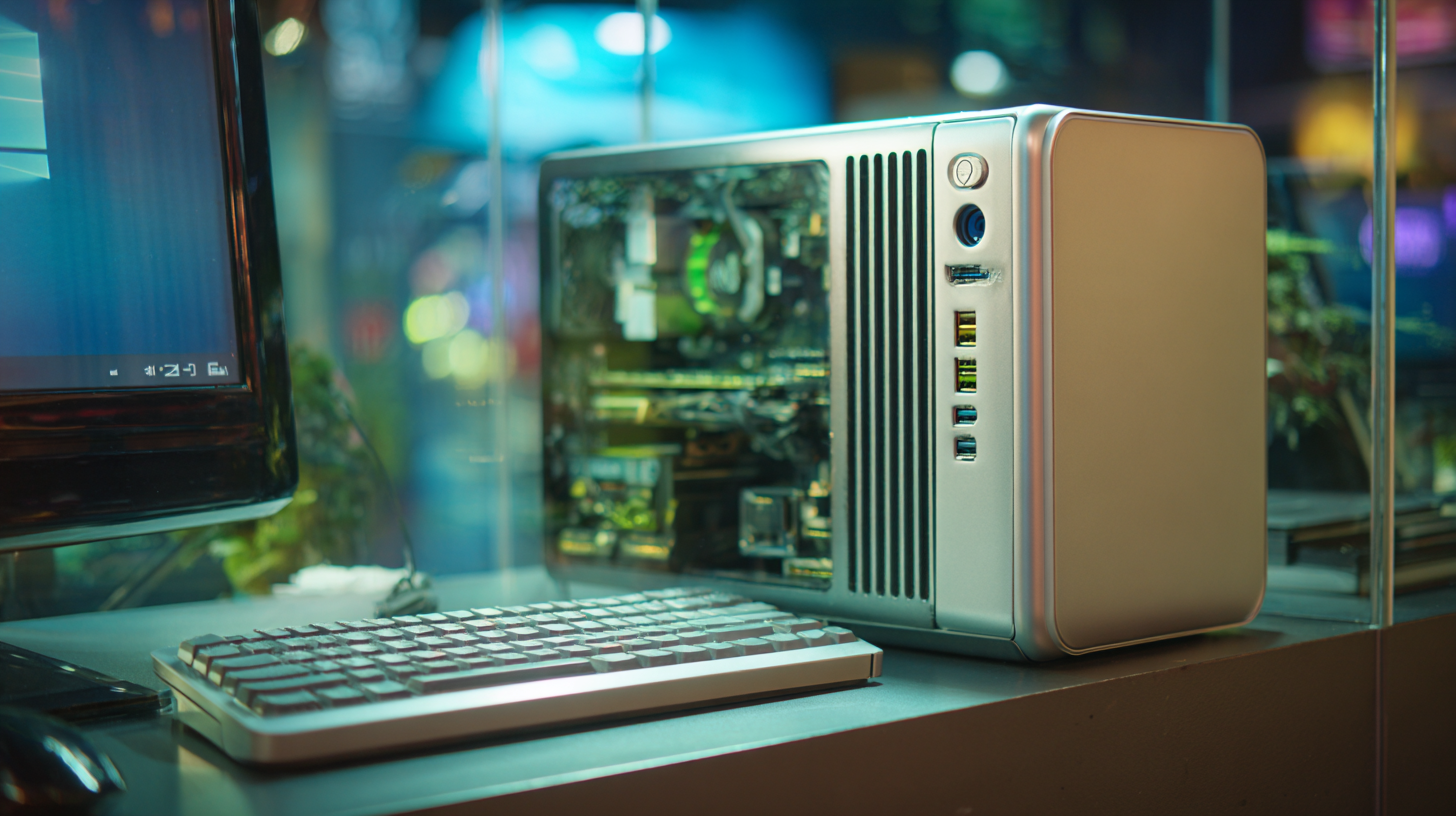
This introduction seeks to explore the impact of these compact devices at the fair, highlighting their benefits such as space-saving designs, energy efficiency, and enhanced performance. By examining the trends and innovations presented in this sector, we aim to understand how "PC De Bureau Mini" solutions are reshaping the digital landscape, influencing both global trade and technology adoption in various industries.
The 2025 China Import and Export Fair is poised to showcase the profound influence of mini desktop PCs on modern business operations. These compact devices are not just convenient; they are revolutionizing the way companies manage their workflow and enhance productivity. According to a recent report by IDC, mini PCs are projected to capture over 25% of the global desktop market share by 2025, driven by their energy efficiency and adaptability in various business environments.
Businesses are increasingly adopting mini desktop PCs, enabling them to optimize space in crowded offices while still maintaining powerful processing capabilities. With features such as remote management and ease of integration into existing systems, these devices simplify processes ranging from inventory management to customer relations. A study by Gartner indicates that organizations leveraging mini desktop PCs can reduce operational costs by approximately 15% due to lower energy consumption and maintenance needs.
Tips: When choosing mini desktop PCs for your business, consider models that offer the latest generation processors and adequate RAM to ensure performance is not compromised. Additionally, integrate cloud services to maximize the utility of these devices without the need for extensive local storage, enhancing flexibility and accessibility for remote work scenarios.
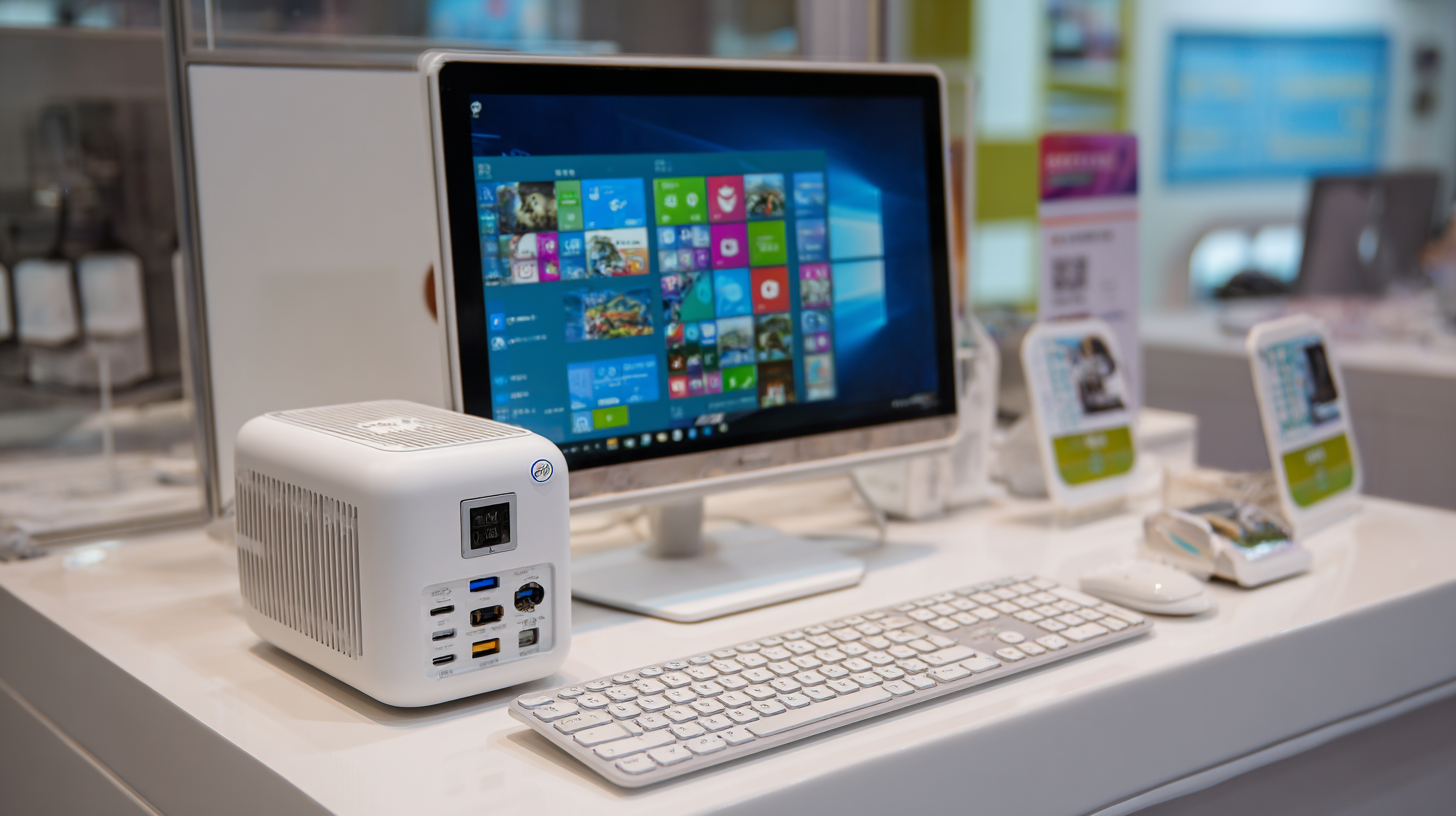
As the 2025 China Import and Export Fair approaches, the mini desktop PC market is poised for significant growth. Market analysts project that the global mini desktop PC market will hit approximately $30 billion by 2025, driven by increased consumer demand for compact, energy-efficient computing solutions. This growth opens up substantial export opportunities for manufacturers looking to penetrate new markets, particularly in developing regions where demand for affordable computing is surging.
The ongoing global economic climate, particularly with potential impacts from tariffs and international trade negotiations, will play a crucial role in shaping export strategies. Recent reports indicate that while the semiconductor industry's sales are set to thrive due to advancements in generative AI, the PC market faces challenges. However, mini desktop PCs could act as a bridge, attracting businesses and consumers seeking to optimize workspace without compromising performance.
Tip: Companies should focus on sustainable manufacturing practices and leverage partnerships with global supply chains to enhance their competitive edge in the export market. Additionally, staying updated on tariff discussions will be essential to mitigate risks associated with international shipping and trade.
The 2025 China Import and Export Fair will showcase the latest technological advancements in mini desktop PCs, highlighting their growing significance in global trade. These compact devices have evolved significantly, offering powerful performance suitable for both personal and professional use. With advancements in processing power, energy efficiency, and storage options, mini desktop PCs are becoming attractive alternatives to traditional desktop setups, driving their competitiveness in the international market.
For businesses looking to leverage mini desktop PCs, here are a few tips: First, assess your specific needs—consider the applications and software that will be run on these machines to ensure they meet performance requirements. Secondly, prioritize energy efficiency, as this can lead to substantial savings in operational costs over time. Finally, stay updated with emerging technologies to capitalize on the latest features, ensuring your investment remains relevant in the fast-evolving tech landscape.
The rise of mini desktop PCs is not just a trend; it signifies a shift towards more sustainable and versatile computing solutions. As these devices become more prevalent at trade fairs like the one in China, it will be interesting to observe how they reshape the dynamics of international trade and consumer preferences.
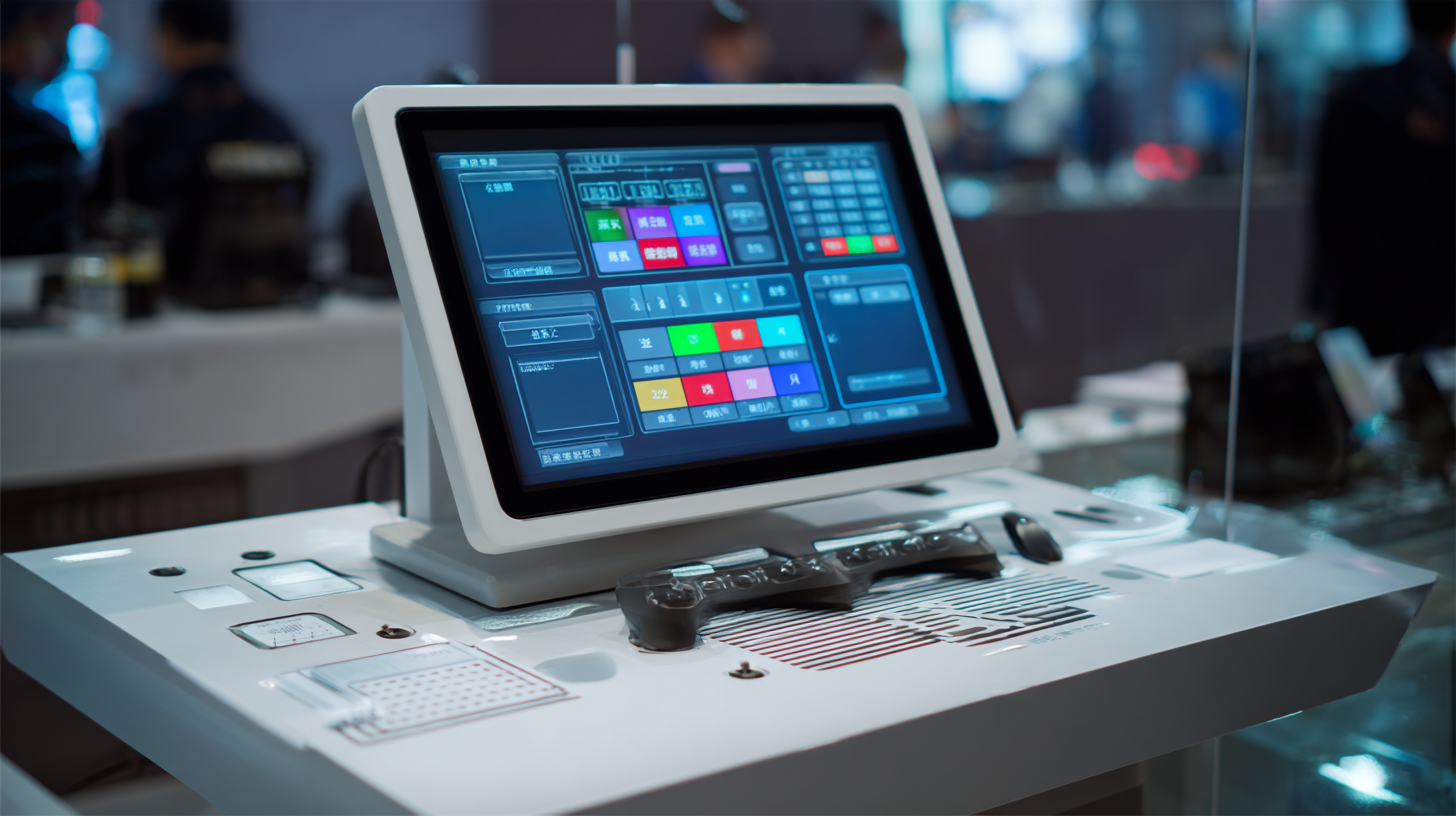
At the 2025 China Import and Export Fair, mini desktop PCs are making a significant impact not only in terms of technology but also in promoting sustainability trends within the import and export sectors. These compact devices consume less power compared to traditional desktops, contributing to lower carbon emissions. By integrating energy-efficient components, manufacturers are responding to the growing demand for eco-friendly alternatives, aligning with global efforts to combat climate change.
Moreover, mini desktop PCs are designed with longevity in mind, reducing electronic waste and encouraging a culture of recycling and reusability. Their modular design allows for easy upgrades and repairs, extending the life cycle of the product. As businesses and consumers increasingly prioritize sustainability, these innovative PCs serve as a catalyst for change. They exemplify how technology can harmonize with environmental practices, influencing purchasing decisions at the fair and setting a benchmark for future developments in the tech industry.
At the 2025 China Import and Export Fair, the demand for mini desktop PCs is anticipated to be a focal point of consumer interest. As technology advances and the need for compact, efficient computing solutions grows, trade fairs serve as a prime venue for assessing consumer preferences. Mini desktop PCs, known for their space-saving designs and robust performance, cater to both individual users and businesses aiming to optimize workspace. The shift towards remote work and digital solutions has further accelerated the appeal of these devices among various demographic groups.
Evaluating consumer demand dynamics reveals a robust inclination toward versatility and affordability. Many attendees at the trade fair are likely to seek products that offer high performance without compromising on aesthetics or space. With an increasing number of people working from home or in shared spaces, the appeal of mini desktop PCs rises significantly. Additionally, features such as energy efficiency, price point, and customizable options play crucial roles in shaping consumer decisions. As vendors showcase their latest innovations, understanding these preferences will be essential for manufacturers aiming to capture a larger share of the growing market for mini desktop PCs.
